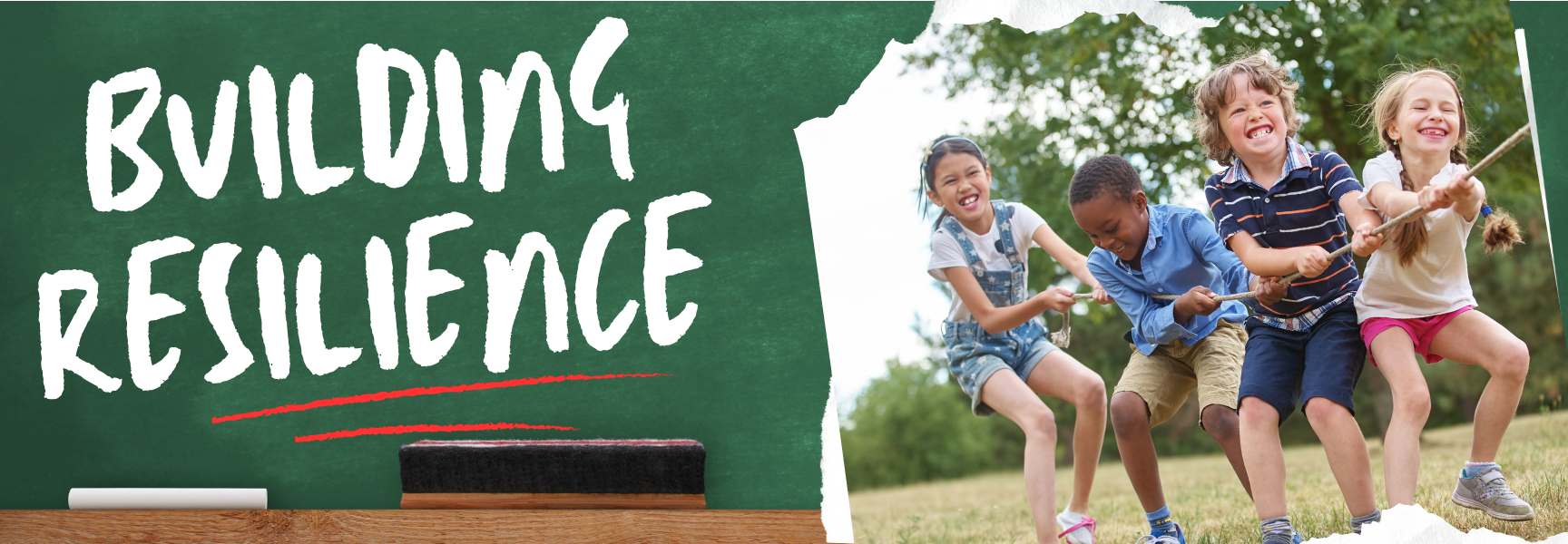
What are ACEs?
Adverse Childhood Experience (ACEs) are potentially traumatic experiences that occur in childhood, age 0-17. ACEs are associated with chronic illness, mental health concerns, and substance use disorders in adolescence and adulthood. Adverse childhood experiences can cause prolonged stress to our bodies which can change the way our brain develops; this is known as toxic stress.
The ten widely recognized ACEs are:
Abuse
– Physical Abuse
– Sexual Abuse
– Verbal Abuse
Neglect
– Emotional Neglect
– Physical Neglect
Growing up in a household where:
– There are adults with alcohol and drug problems
– There are adults with mental health problems
– There is domestic violence
– There are adults who have spent time in prison
– Parents have separated

Toxic Stress
Unlike everyday stressors that are temporary and manageable, toxic stress can have a significant and long-lasting impact on physical and mental health. This type of stress is often associated with situations where individuals, especially children, lack the support or resources to cope with challenging circumstances.
Toxic stress can impact your body by making it harder for bodies to fight illness and infections, increasing blood pressure which can lead to heart disease, and it can alter hormone levels.

Resilience

Positive Childhood Experiences (PCEs)
- Having strong, supportive relationships with family and peers
- Having a safe, stable, and equitable environment for living, playing, and learning
- Developing a sense of belonging and connectedness
- Playing and interacting with peers to develop self-awareness and self-regulation

Coping Tools to Combat Toxic Stress and ACEs
Combatting toxic stress requires effective coping tools and strategies to help individuals manage and reduce the impact of stress on their physical and mental well-being. Here are some coping tools and techniques that can be helpful:

DHD#10 Resources
2024 DHD#10 Community ACEs Report
Healthy Futures is a program that coordinates in-home visits from a nurse during pregnancy and through the first 6 months postpartum. Benefits include coordination to resources and the ability to have medical questions answered about their newborn.
Children’s Special Health Care Services: increased healthcare coverage for youth with special needs ages 0-21 years old. This not only increases access to services, but also allows for families of children with special needs to not be burdened with medical debt.
Women Infant and Children (WIC): WIC provides support services available for caregivers of children from birth – 5 years old.
Maternal Infant Health Program supports pregnant and postpartum women up to 18 months who are eligible for Medicaid. Benefits include coordination of healthcare services for mom and baby, additional support from specialists (therapist, nurse, and dietician), and referrals to community resources.
Healthy Families America: Provides visits and care for parents beginning at birth through 3 years old. Listed benefits include support for parents in their new roles, positive parenting strategies, preparation for preschool and family goals.
Family Planning program empowering individuals and couples to make autonomous decisions about their reproductive lives, promoting gender equality, and improving the overall health and well-being of families and communities.
Mobile Health Unit Mobile expands access to healthcare services, including STI/HIV testing, Hearing Vision screening, Immunizations and other programs aimed at reducing health disparities, and improving health outcomes for all DHD#10 communities.
Substance Use Prevention programming is offered to 6th-12th graders in all 10 DHD#10 counties.
Community Connections is a program that links residents with a DHD#10 community health worker who can connect residents to local resources and supportive service.
Adolescent Health Centers: Health centers provide health care service for youth between the ages of 5 and 21.
Racial, Ethnic Approaches to Health (REACH) Project is a program designed to reduce healthcare disparities and improve health outcomes related to chronic disease for Black and Latino residents in Newaygo, Lake and Oceana counties.
